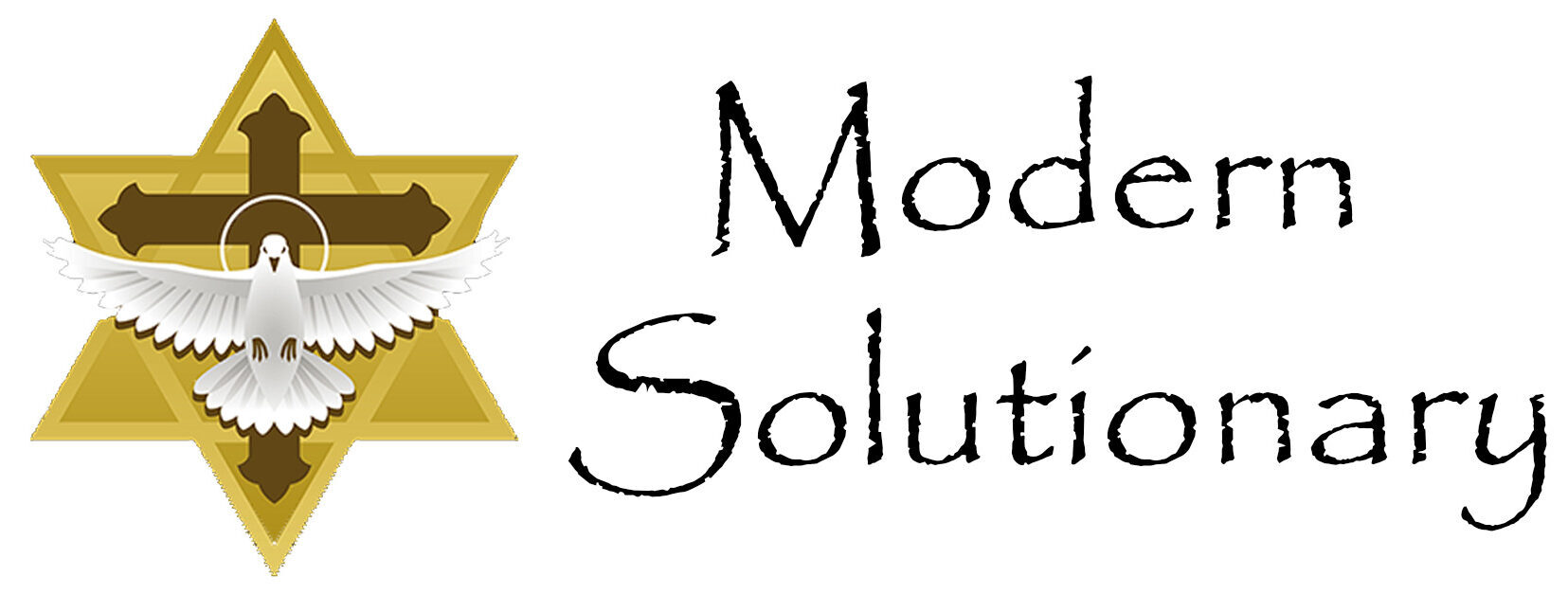Have you ever seen the statistics on New Year’s Resolutions? Below is listed the top ten resolutions for the year 2015 as assessed from a University of Scranton study.
| Rank | Top 10 New Year’s resolutions for 2015 – University of Scranton |
| 1 | Lose Weight |
| 2 | Getting Organized |
| 3 | Spend Less, Save More |
| 4 | Enjoy Life to the Fullest |
| 5 | Staying Fit and Healthy |
| 6 | Learn Something Exciting |
| 7 | Quit Smoking |
| 8 | Help Others in Their Dreams |
| 9 | Fall in Love |
| 10 | Spend More Time with Family |
They then grouped those ten into four types of resolutions, Self improvement or education related, weight related, money related, and relationship related.
| Type of Resolutions (Percent above 100% because of multiple resolutions) | Data |
| Self Improvement or education related resolutions | 47% |
| Weight related resolutions | 38% |
| Money related resolutions | 34% |
| Relationship related resolutions | 31% |
Once we have reviewed this data, what can we discern from it?
Well, one could believe that we need to get better and smarter, lose weight while studying and getting organized so that we can make more money which in turn will improve our relationships.
Is that it or are we missing a bigger piece of the puzzle?
The study also gave us percentages of success and failures.
| Percent of people who are successful in achieving their resolution | 8% |
| Percent who have infrequent success | 49% |
| Percent who never succeed and fail on their resolution each year | 24% |
| People who explicitly make resolutions are 10 times more likely to attain their goals than people who don’t explicitly make resolutions |
For over thirty years I have been researching people’s success patterns so I am not totally shocked by these results. I am, however, encouraged by some of the data that was shared. While only eight percent actually reached or exceed their resolution, nearly fifty percent had some success. That means that half of the people who had resolutions were better off than those that didn’t even try.
As I studied the Universities findings in detail there was one important area of focus that was not addressed. One detail, which if determined, could make a tremendous difference in the success patterns going forward.

“What is the percentage of success for those resolutions which are made for the benefit of someone else?”
Most people approach resolutions from a purely selfish standpoint.
“I need to lose weight so I can look better and feel better.”
“I need to get better organized so I can use my time more wisely.”
It has been my experience that when we do anything for the sole benefit of self, we are far less successful than when we do something for the good of someone else. We tend to try harder when our efforts impact other people that we care about. This is why sports or business teams whose members possess a selfless attitude go further in competitions.
The primary reason for this is best described through the power behind the Wisdom of Three. I discovered the Wisdom of Three some years ago and have come to illustrate it as our natural guidance system to the world’s undeniable truths. The Wisdom of Three explains a person’s internal desire to satisfy the three entities affected by any decision or action that they make; themselves (Self), the people that they interact with (Community), and their spiritual creator (God). This is grounded in the reality that we have three states of humanity: our physical (body), mental (mind), and spiritual (soul) state. To find the perfect balance in our lives we must find unity with the trinity of our personas that we portray; our personal, professional, and spiritual life. By selecting personal resolutions that focus our desires on the benefits of all three entities we become much more successful, peaceful, and fulfilled.
Whether we are conscience of this selfless need or not we are wired to strive to accomplish three goals with every act that we resolve to achieve; to do what is right and just (this honors our God), do all that we can as well as we can (honors our Self), and treat others the way you wish to be treated (honors our Community). My dear friend Zig Ziglar understood and professed it better than anyone.

If your resolution for this year, like millions of others, is to lose weight; do yourself a favor, approach the reason for the goal from the perspective of your family’s benefit not just your own. The burning desire must rest on the benefit to the family not solely yours. For example, by losing twenty pounds how much more energy will you have to play sports with your children. When you lost the weight, you would have set a great example to your children as a role model for discipline and self-control. And sure, the benefits would also be self-gratifying and that’s perfectly fine but when the “why” is bigger than just yourself then the effort that you give also becomes much bigger, making success almost guaranteed.
In addition, we are a busy people, and that busy demeanor requires that we be motivated fully in the choices that we decide to give our efforts to. Think back through last year’s accomplishments. Everything that you did successfully gave a 100% commitment on your part. You had that burning desire to make it happen. This is especially true of things that require changes in our values, attitudes, or behaviors. This truth follows the natural Law of Attraction; a law founded on the Wisdom of Three. Our values reflect our thoughts which drive our belief forming attitudes that manifest into the behaviors that create the outward evidence of the person we have become.
What we Think, we Believe, we Become!
If this is my last post, I want all to know there was only one purpose for all that I have written; to have made a positive difference in the lives of others.
To learn more about the Wisdom of Three contact:
Anthony “Tony” Boquet, Vice President, Education & Development at The American College of Financial Services and the author of “The Bloodline of Wisdom, The Awakening of a Modern Solutionary”
